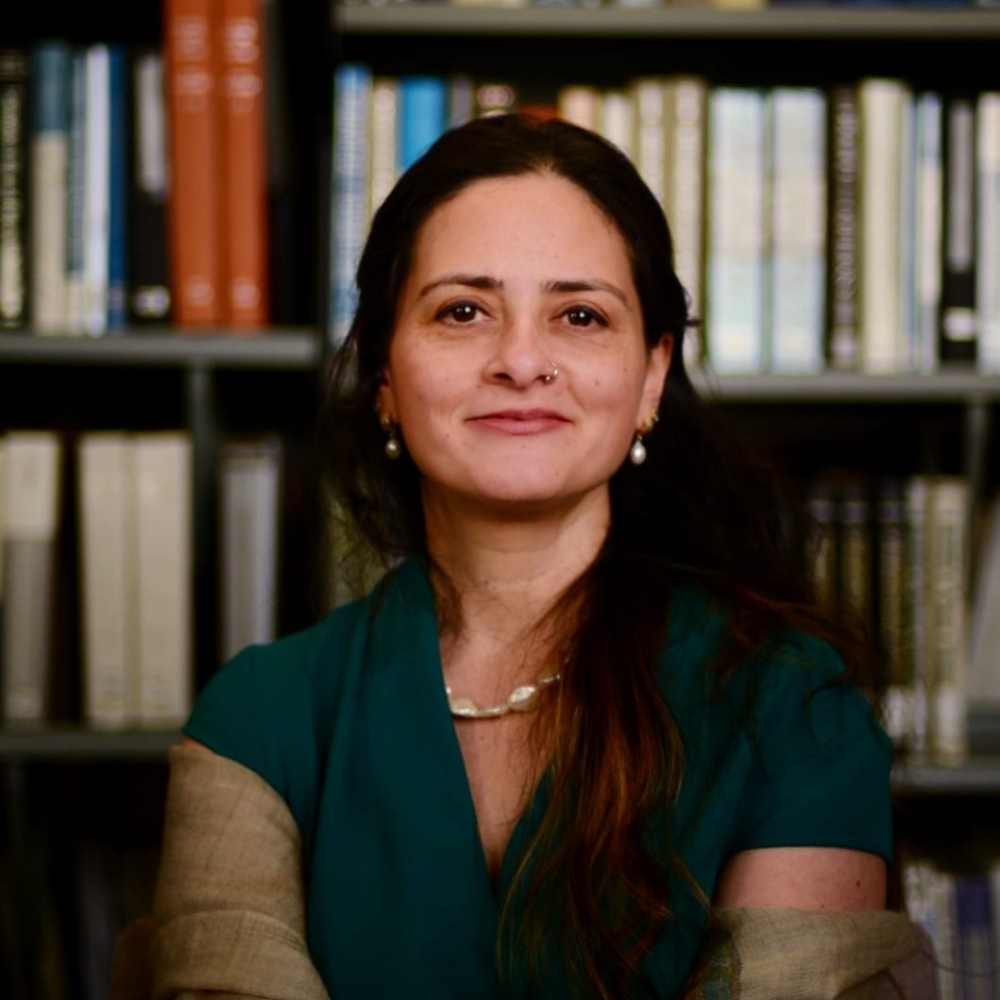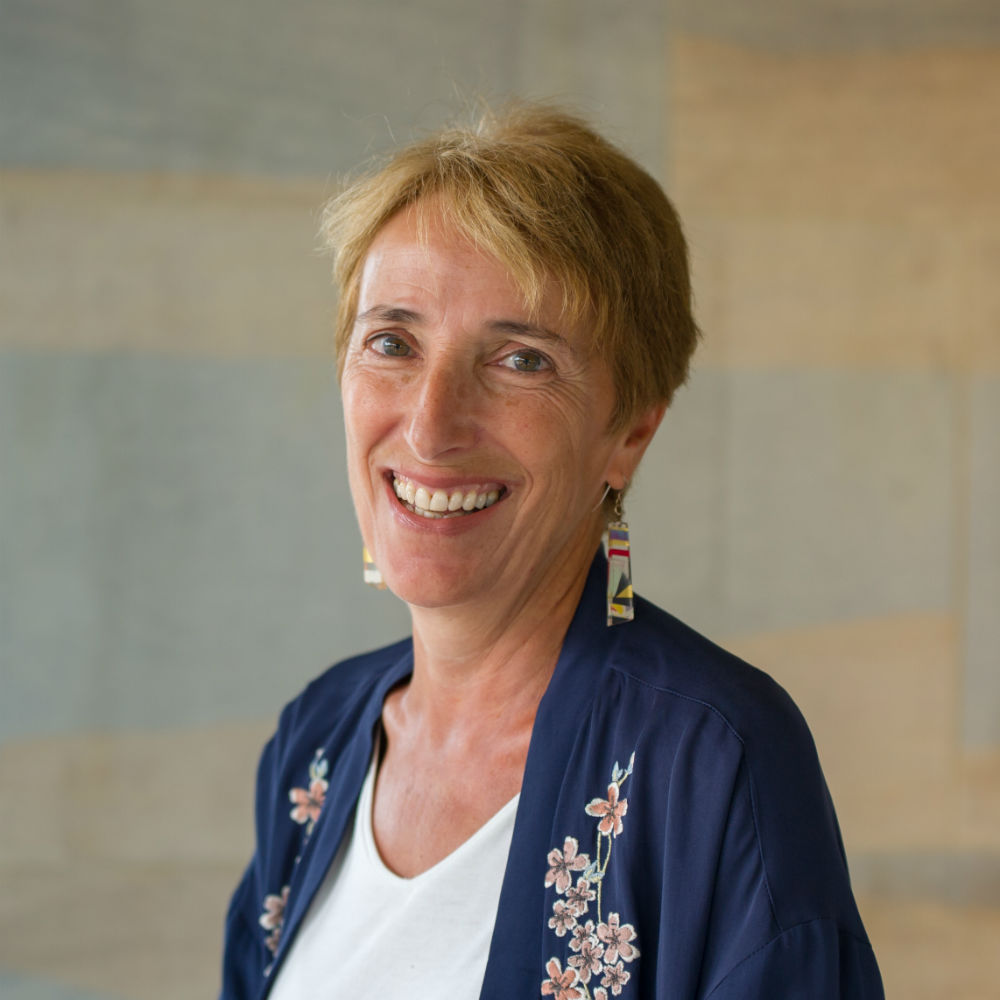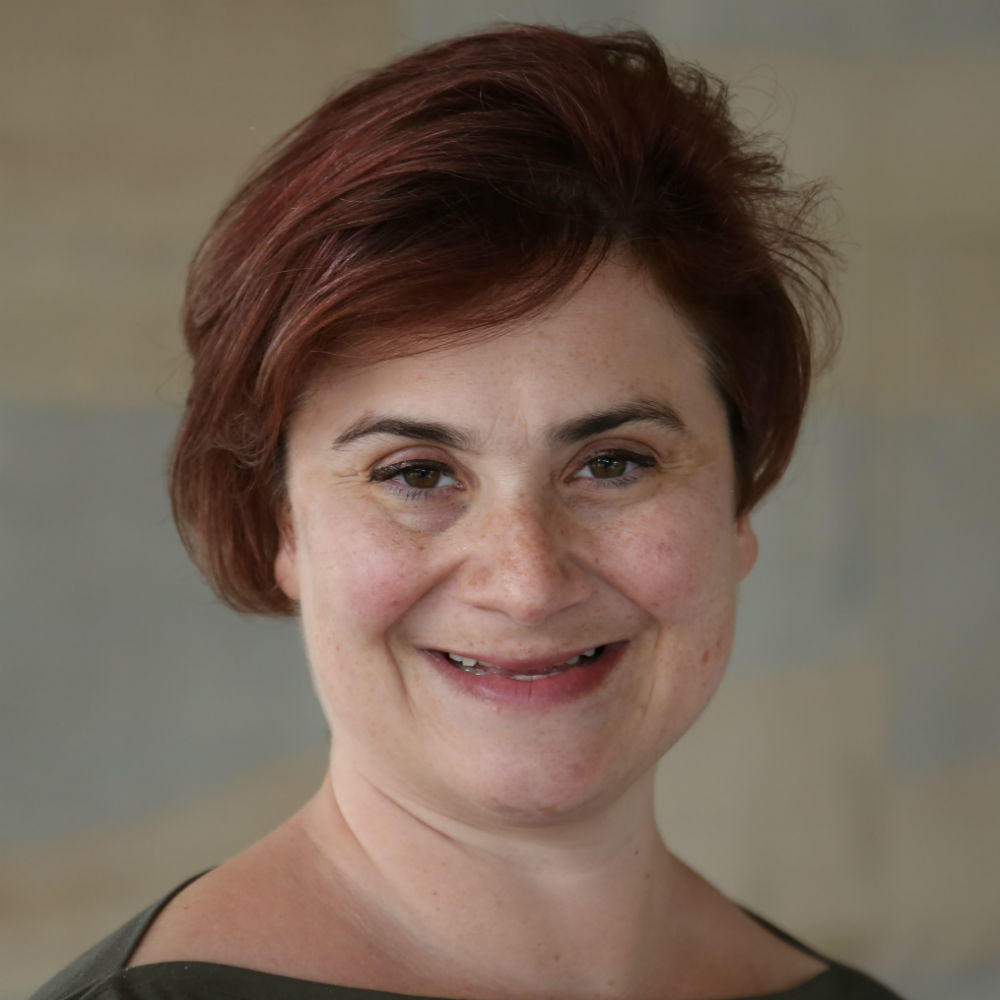The link between Gendered Violence (GV) and poor Mental and psychosocial Health (MH) is widely acknowledged, yet poorly understood.
Although connections between migration and health are recognised in national and international priorities like the United Nations 2030 Sustainable Development Goals (SDGs), understandings of migrants’ health needs and responses remain inadequate.
For many migrants, movement across national and provincial borders (e.g. those fleeing persecution or violence, internally displaced, transient, informal workers and employment-seekers) results in insecure legal status, work and living conditions, as well as challenges in accessing healthcare and protection services to support health and wellbeing. These adverse conditions and the increased risk of experiencing traumatic events (e.g. conflicts, disasters, persecution and forced displacement) place people in precarious situations of migration, and at disproportionate risk of poor mental health and violence at inter-personal and societal level.
GEMMS is global health research group that will address the unmet health needs of migrants in distinct precarious contexts in South Asia and Sub-Saharan Africa in particular the bordering space between South Africa and Zimbabwe (Beitbridge and Musina districts), India’s most deprived and populated urban ward (Mumbai) and bordering rural regions in Myanmar (Kachin state).
GEMMS aim is to create the necessary tools, actions, and an intervention pathway to disrupt the damaging cycle of gendered violence (GV) and poor mental health (MH), to improve the wellbeing of migrants in precarious situations. This includes:
- developing responsive interventions that can address migrants’ changing needs over time and contexts and,
- equipping key stakeholders at national and global levels to deliver evidence-based policies to support action on GV and MH among migrant communities.
Header image credit to (copyright) James Oatway, The Endless Journey.
Funding
GEMMS is funded by the National Institute for Health and Care Research (NIHR) GHRUG Project: NIHR134629.
Partners
GEMMS is a global health research group co-led by the University of Essex and the University of Witwatersrand (South Africa), the group comprises:
- University of the Witwatersrand
- University of Johannesburg (South Africa)
- University of Africa (Zimbabwe)
- Tata Institute for Social Sciences (India)
- University of Oxford (UK)
- Health Poverty Action (UK, Myanmar, Zimbabwe)
Learn more about GEMMS










